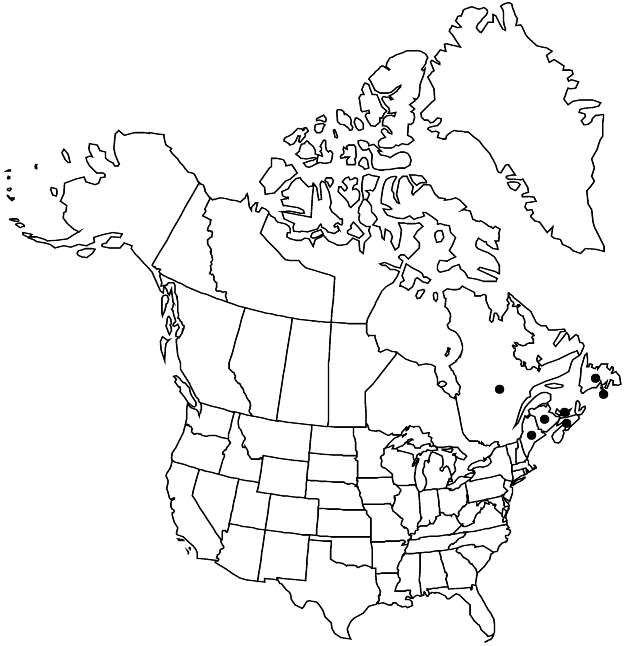familyPolygonaceae
subfamilyPolygonaceae subfam. Polygonoideae
genusPolygonum
sectionPolygonum sect. Polygonum
speciesPolygonum oxyspermum
subspeciesPolygonum oxyspermum subsp. raii
Difference between revisions of "Polygonum oxyspermum subsp. raii"
Feddes Repert. Spec. Nov. Regni Veg. 68: 188. 1963.
Common names: Ray’s knotweed renouée de Ray
Basionym: Polygonum raii Babington
Treatment appears in FNA Volume 5. Treatment on page 554.
FNA>Volume Importer |
(No difference)
|
Revision as of 21:14, 26 July 2019
Leaves: ocrea not prominently veined, 7–10 mm, distal part disintegrating, nearly completely deciduous; blade bluish green, elliptic, 3.5–5 times as long as wide. Flowers: perianth (3.5–)4–5 mm; tepals overlapping, green with white or pink margins, obovate, apex flat, flared. Achenes with apex exserted 0.5–1.3(–1.8) mm from perianth, (3.5–)4–5 mm, 1.3–1.6 times as long as wide, ± smooth or finely striate-tubercled. 2n = 40.
Phenology: Flowering Jul–Oct.
Habitat: Coastal beaches, dunes, and shores
Elevation: 0-10 m
Distribution

St. Pierre and Miquelon, N.B., Nfld. and Labr. (Nfld.), N.S., P.E.I., Que., Maine, Europe.
Discussion
Some sources consider subsp. raii to be native in North America.
Selected References
None.
Lower Taxa
None.